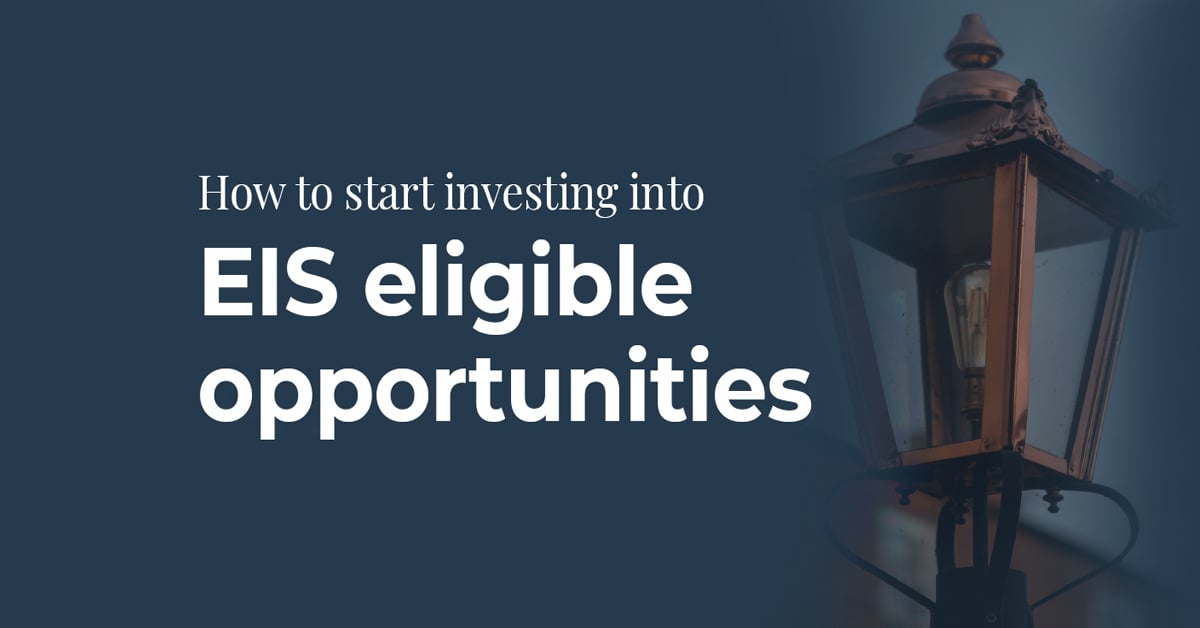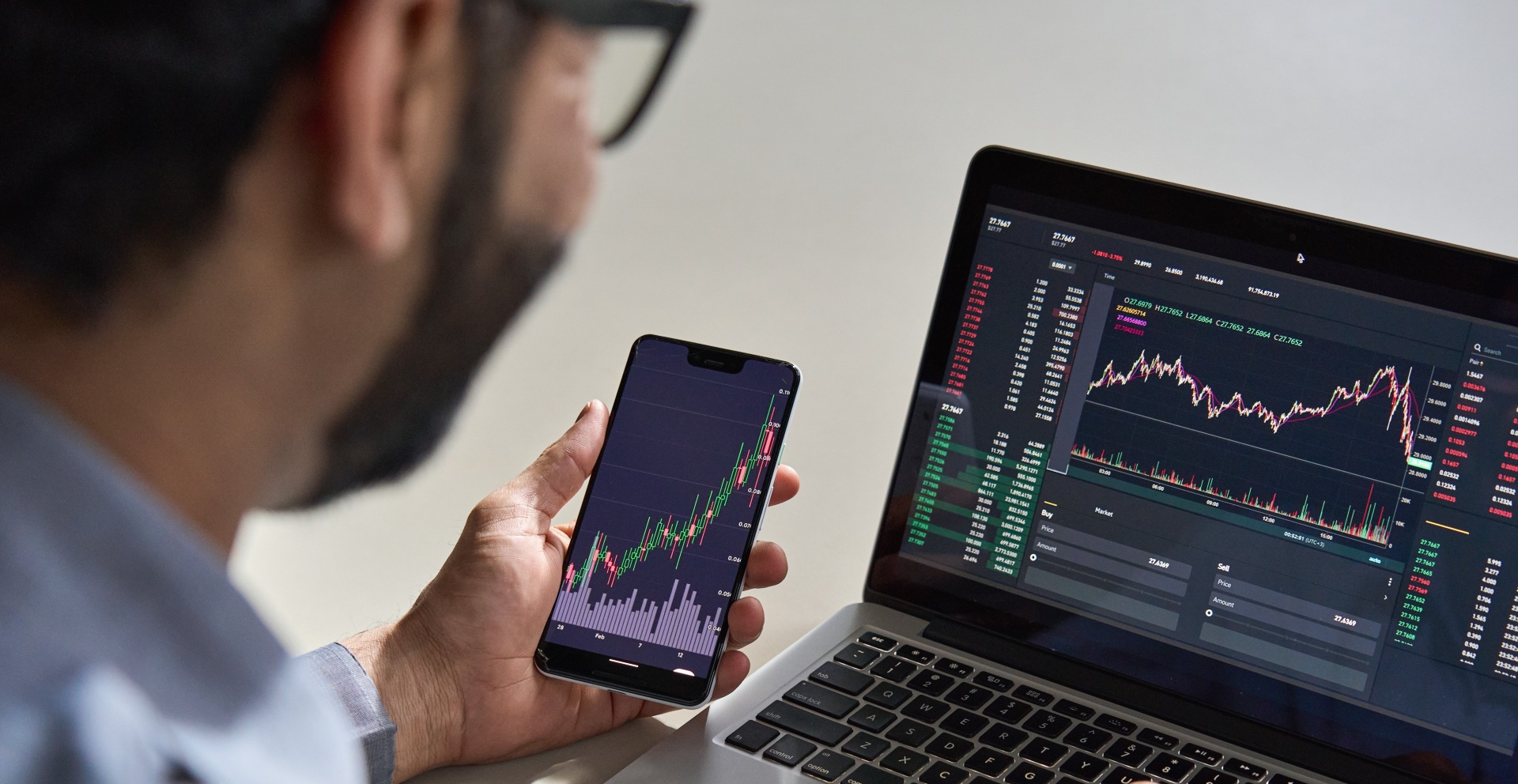How to start investing into the EIS
One of the most prominent benefits of becoming an investor into an Enterprise Investment Scheme (EIS)-eligible business is that it is highly tax-efficient, offering tax reliefs including the ability to claim back up to 30% of the value of your investment.
But that is not the only tax efficient feature that EIS investment opportunities can offer investors, beyond this headline-grabbing tax break, the scheme allows investors to:
- Dispose of shares without paying capital gains tax
- Defer the payment of capital gains tax
- Claim loss relief if the business fails
- Pass on the investment free of inheritance tax
The ability to add start-ups to your investment portfolio through the EIS brings many advantages. These include diversification, balance, and potentially strong returns.
But now more than ever, investing into early-stage businesses can be considered philanthropic, as they’re crucial to the bounce-back of the UK economy post-COVID-19.
If the generous tax incentives and philanthropic benefits have you eager to become an EIS investor, here’s what you need to know to get started.
How to find EIS investments
An obvious first step to getting started with EIS investments is knowing where to find them.
With EIS, you can choose to invest directly into eligible companies, or you can invest into an EIS fund whereby a fund manager builds a portfolio for you.
The method that you choose depends on a number of factors. Investing via a fund can make diversification easier, and if you’re not the most seasoned investor, having a fund manager make decisions on your behalf could be beneficial.
However, for those looking for more choice, control and visibility over their investments – with the chance to choose businesses based on interests, and build a portfolio around personal investment goals – direct investment might be the way forward.
It’s advised that before making investment decisions, you speak to an independent financial advisor.
You can find individual EIS-eligible investments in places such as Growth Capital Ventures’ (GCV) co-investment platform, GCV Invest, which provides members with access to high quality, pre-vetted opportunities in early-stage and high-growth businesses.
Utilising tax-efficient structures such as the Enterprise Investment Scheme, Seed Enterprise Investment Scheme and SIPP/ SSAS pensions where appropriate, GCV focuses on originating impact-driven deals that have the potential to deliver superior investment returns as well as portfolio diversification.
Check that the business you’re looking to invest into is EIS-eligible
The business will – most likely – make it obvious that their company qualifies for the scheme, so you won’t have to do too much digging.
But it’s important to know that to become EIS-eligible, businesses must:
- be unquoted
- have less than 250 full-time employees
- have gross assets of less than £15 million
- be within seven years of its first commercial sale
There are certain trades that are not eligible for investment via the scheme. These can be checked with HMRC here, but include financial services, exporting energy and leasing activities.
How to choose the right investment
There are a lot of EIS-eligible startups and scaleups out there, so choosing which one(s) to invest into can be a challenge.
If the selection process is too overwhelming, investing via a managed fund could be the answer. Keep in mind that there will often be fees associated with investing into an EIS fund, such as an annual management charge, and performance fees.
If you’re keen to go it alone and reap the benefits of having choice and control over your investments, there are a few things to consider when exploring potential options.
You might want to seek an an eligible investment into a sector you know well, or that you’re particularly interested in.
Aside from the financial benefits, investing into a business can be a vehicle to pursue more interesting or meaningful work. Therefore, you may opt to support businesses involved in solving world problems through innovation.
It’s also important to assess the business model and team’s expertise, looking at their credentials and how realistic the plans are.
You can only exit from an EIS-eligible investment when the investee companies are sold, liquidated or listed. Therefore, consider the business’ exit strategy – does the time frame align with your goals as an investor?
What happens after the investment?
After investment into an EIS-eligible business, you will need to manage the tax implications and claim the tax reliefs available through the scheme.
Once the investee has been trading for four months and the investment has been processed, you will receive an EIS3 certificate to complete. You will need this to claim for tax relief through the self-assessment process.
You can find a step-by-step guide outlining how to claim EIS tax reliefs, alongside an in-depth insight into the scheme itself, by downloading GCV's guide to the Enterprise Investment Scheme.
%20(3)%20(2).jpg)






